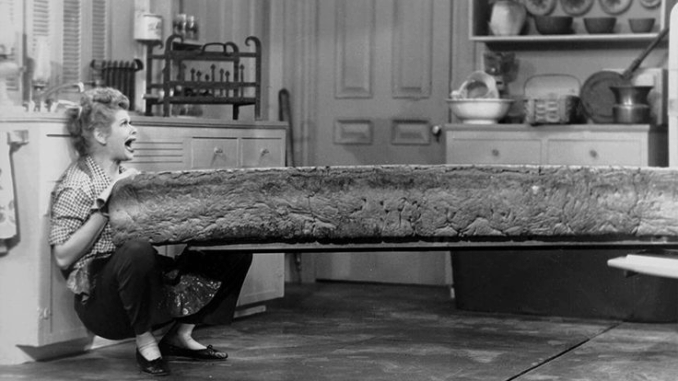
Since its debut on October 15, 1951, I Love Lucy has become one of the most beloved and influential sitcoms in television history. Starring the incomparable Lucille Ball alongside Desi Arnaz, the show transformed the landscape of American TV comedy and established itself as a cultural icon whose legacy endures even decades after its final episode aired.
Breaking New Ground in Television
At a time when television was still in its infancy, I Love Lucy introduced groundbreaking production techniques that set new standards. The show was among the first to use a multi-camera setup filmed in front of a live studio audience. This innovation created a dynamic and lively atmosphere, enhancing the comedic timing and performances. The decision to shoot on film rather than live broadcast also allowed I Love Lucy to be syndicated and enjoyed by future generations, cementing its place in television history.
The Unforgettable Characters
The heart of I Love Lucy lies in its vibrant characters. Lucille Ball’s portrayal of Lucy Ricardo, the fun-loving and mischievous housewife with big dreams of showbiz stardom, captivated audiences. Her husband, Ricky Ricardo, played by Desi Arnaz, a Cuban bandleader, brought a charming mix of humor and cultural flair. Their chemistry, both on and off-screen, added a unique depth to the series.
Lucy’s best friend and neighbor, Ethel Mertz (Vivian Vance), and her husband Fred Mertz (William Frawley) rounded out the beloved ensemble, delivering memorable comedic moments and contributing to the show’s warmth and relatability.
Iconic Episodes That Shaped TV Comedy
I Love Lucy delivered countless unforgettable moments, from Lucy’s antics trying to join Ricky’s nightclub act to classic episodes like “Lucy Does a TV Commercial,” where she hilariously fumbles with a health tonic containing alcohol. These episodes showcased Ball’s impeccable physical comedy and timing, setting the bar for future sitcom stars.
Another landmark was the episode “Lucy Goes to the Hospital,” which aired in 1953 and depicted the birth of Lucy and Ricky’s son, a storyline paralleling Lucille Ball’s real-life pregnancy. This episode garnered over 44 million viewers, illustrating the show’s incredible reach and influence.
A Legacy That Transcends Generations
Beyond laughter, I Love Lucy has had a profound cultural impact. Lucille Ball became one of the first women to run a major television production company, Desilu Productions, which produced iconic series such as Star Trek and Mission: Impossible. The show broke ground in its depiction of an interracial marriage during a conservative era and set standards for sitcom storytelling and production quality.
Today, I Love Lucy continues to captivate new audiences through reruns, streaming platforms, and cultural references, proving that the show’s humor and heart are timeless.
Conclusion
The journey of I Love Lucy from its humble beginnings to becoming a cornerstone of American television is a testament to the power of creativity, innovation, and unforgettable performances. Lucille Ball’s legacy as a comedic genius and trailblazer remains alive in the hearts of millions, making I Love Lucy not just a show, but a beloved cultural treasure.
